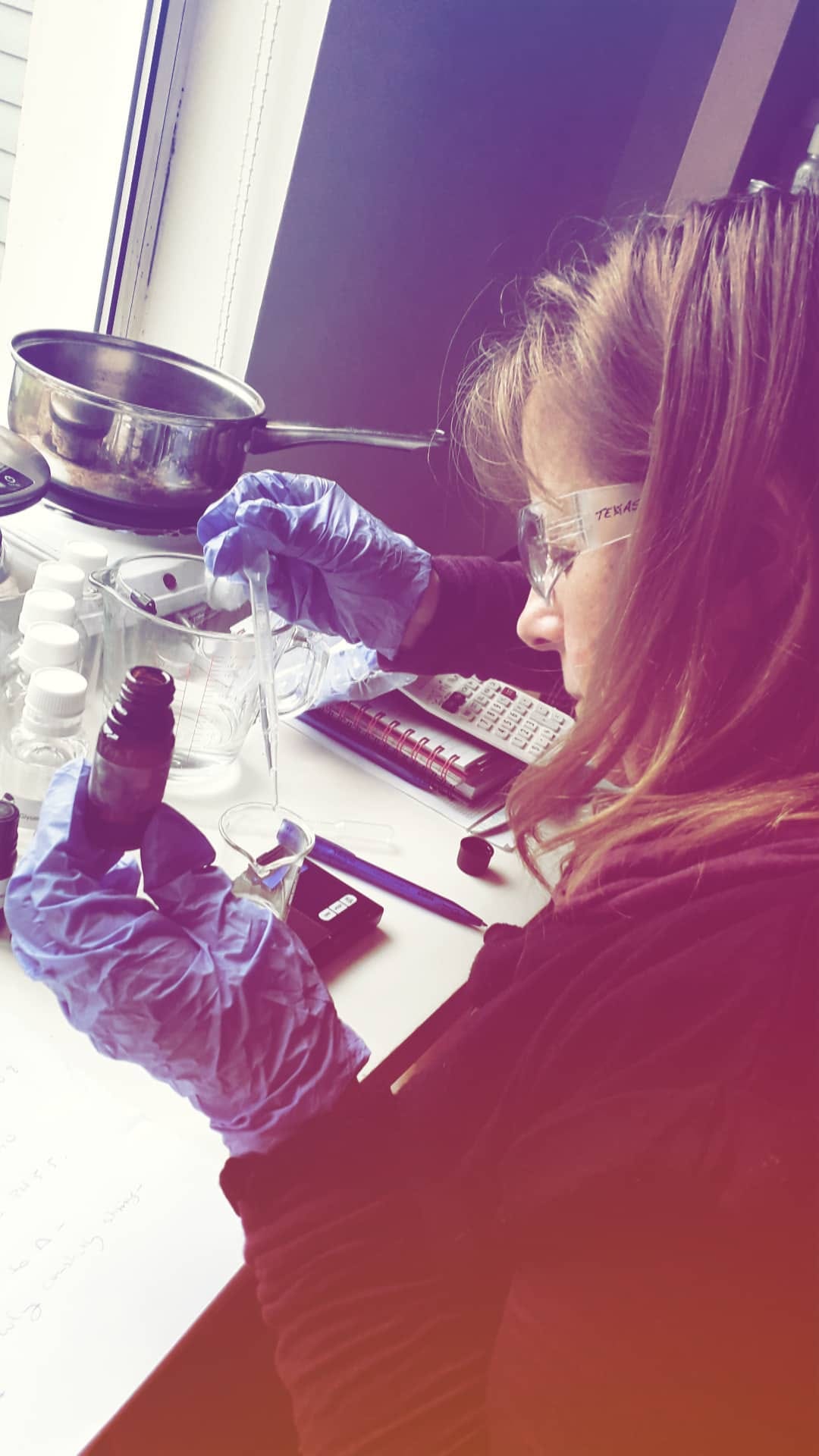
Making skincare products at home guide
The art and science behind making cosmetics involve a blend of creativity, formulation expertise, and scientific knowledge. Here are some key points that highlight this fascinating combination:
1. Formulation Development: Cosmetic formulation is a meticulous process that combines various ingredients in precise quantities to create the desired product. Formulators must understand the properties of each ingredient and how they interact to achieve the desired texture, appearance, and performance.
2. Ingredient Knowledge: Cosmetic chemists need to have a deep understanding of ingredients such as emulsifiers, preservatives, active compounds, and fragrances. They consider factors like compatibility, stability, and safety when formulating products.
3. Product Testing: Before a cosmetic product reaches the market, it undergoes rigorous testing to ensure safety, stability, and efficacy. This includes microbiological testing, stability testing, and sometimes clinical trials to validate the product’s claims.
4. Regulatory Compliance: Cosmetic formulations must comply with regulatory standards to ensure consumer safety. Formulators need to be aware of ingredient restrictions, labeling requirements, and other regulations enforced by organizations like the FDA, EU Cosmetics Regulation, and others.
5. Innovation and Creativity: In the competitive cosmetics industry, innovation plays a crucial role. Formulators must stay updated on the latest trends, technologies, and consumer preferences to develop products that stand out in the market.
Overall, making cosmetics is a harmonious blend of artistic flair and scientific precision, where creativity meets chemistry to produce products that enhance beauty, promote wellness, and cater to diverse consumer needs.
Where to buy ingredients to make natural cosmetics
You can buy ingredients to make cosmetics from various sources, depending on your needs and preferences. Here are some common places where you can purchase cosmetic ingredients:
1. Online suppliers: There are many online suppliers that specialize in selling cosmetic ingredients. They offer a wide range of ingredients such as oils, waxes, butters, and preservatives.
2. Specialty stores: Some specialty stores, especially those focused on DIY beauty products or soap making, may carry a selection of cosmetic ingredients. Check out local craft stores or beauty supply shops in your area.
3. Health food stores: Health food stores often carry natural ingredients that can be used in cosmetics, such as essential oils, carrier oils, and botanical extracts.
4. Bulk retailers: Consider purchasing ingredients in bulk from wholesale retailers or suppliers. This can be cost-effective if you plan to make a large quantity of cosmetics.
5. Local markets: Farmers’ markets, flea markets, and artisan fairs may also have vendors selling natural ingredients for cosmetics, such as handmade soaps, oils, and botanicals.
Before purchasing ingredients, make sure to read product descriptions, check for reviews, and verify the quality and authenticity of the ingredients. Additionally, consider any regulations or guidelines for cosmetic formulations in your region to ensure compliance with safety standards.
Set up your own lab at home step-by-step guide
Setting up a DIY skincare lab at home can be an exciting and rewarding endeavor, allowing you to explore your creativity while crafting personalized skincare products tailored to your unique needs. While creating a professional-grade lab environment at home may not be feasible, you can still establish a dedicated space equipped with essential tools and ingredients to embark on your skincare formulation journey. Here’s a step-by-step guide to help you get started:
Remember, skincare formulation is both a science and an art, so embrace the journey of exploration and discovery as you craft your own bespoke skincare creations at home. With patience, practice, and a passion for skincare, you can create products that nourish your skin and bring joy to your self-care routine.
Hope you start making your own skincare products soon . You will be amazed about the long list of benefits not only on your skin but your whole life
Cheers
La Mayca x